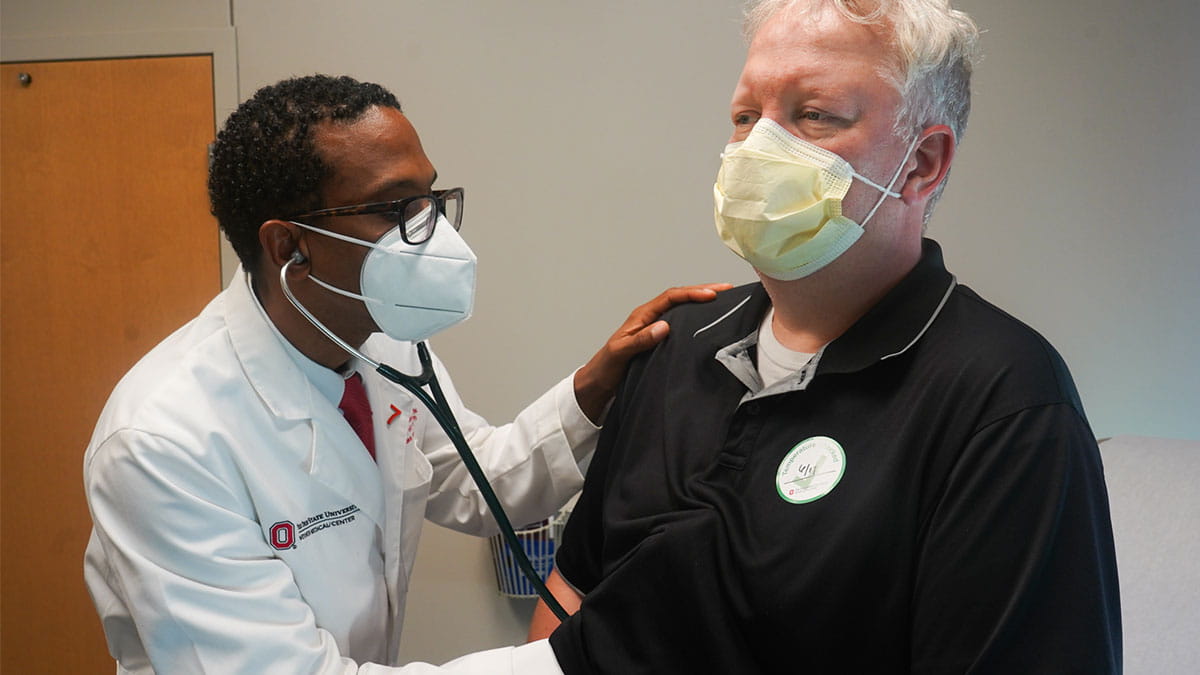Novel compound may be basis for new class of diabetes drugs

The numbers are staggering: More than 34 million Americans—just over 1 in 10—have diabetes. And 88 million American adults—approximately 1 in 3—have prediabetes, according to a 2020 report by the Centers for Disease Control and Prevention.
That’s why it’s so important to create new therapies for people with diabetes.
A team of researchers I led at The Ohio State University Wexner Medical Center, Ohio State College of Medicine and the University of Pittsburgh recently identified a new compound that might serve as a basis for developing a new class of drugs for diabetes.
Our findings are published online in the journal Nature Chemical Biology.
We looked at the adenosine monophosphate-activated protein kinase (Ampk), a crucial enzyme involved in sensing the body’s energy stores in cells.
We often see impaired energy metabolism in obesity, which is a risk factor for diabetes. Some medications used to treat diabetes, such as metformin, work by increasing the activity of Ampk.
In our study, we discovered a protein called Fbxo48 that’s involved in removing Ampk from cells.
We designed and tested a compound, BC1618, that blocks Fbxo48. We found it was much more potent than metformin in increasing Ampk function.
When we studied BC1618 in obese mice, we found that it improved responses to insulin, which is a measure of effectiveness for diabetes medicines.
This study builds on our prior research to understand how critical proteins in the body are removed or degraded.
Our research team had previously designed and produced a family of anti-inflammatory drugs that are FDA approved and are poised to enter Phase 1 studies.
Using this new compound as a backbone, our team will make other compounds that are more potent and safe in animal models, and then test them in diabetes animal models. Eventually, we’ll seek FDA approval to test this novel compound in humans who have diabetes.
Rama Mallampalli is chair of the Department of Internal Medicine at The Ohio State University Wexner Medical Center and The Ohio State University College of Medicine.




